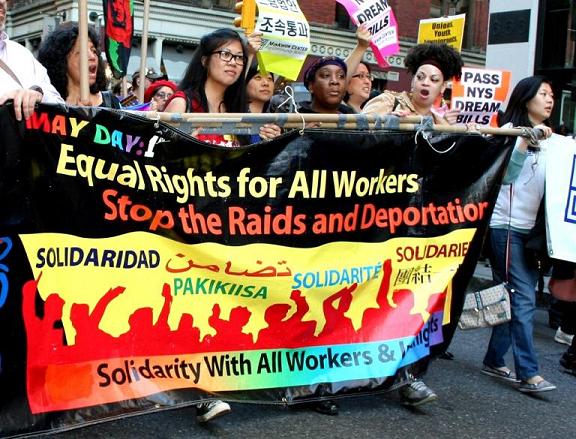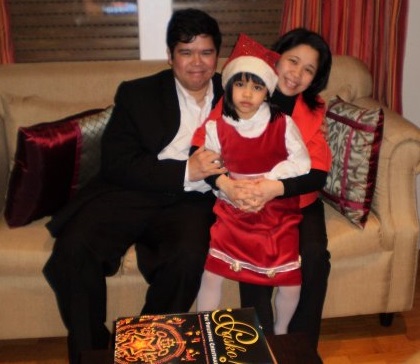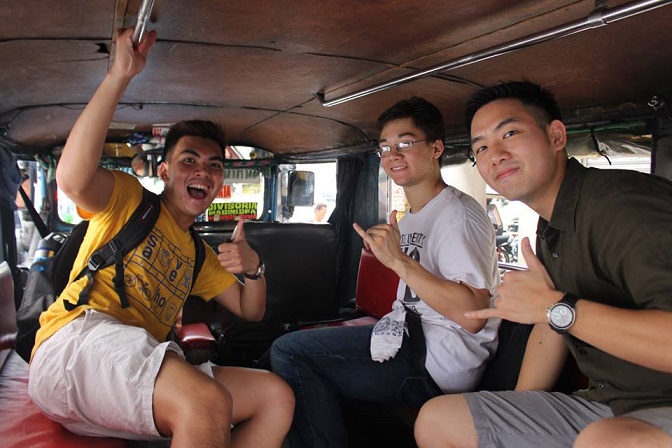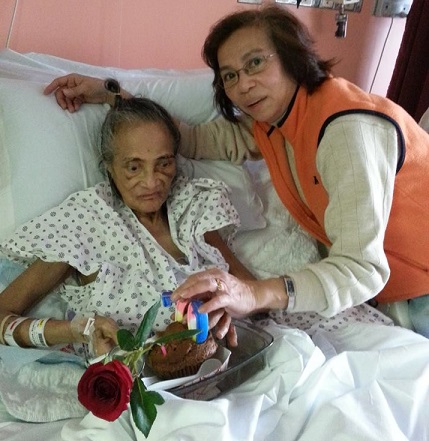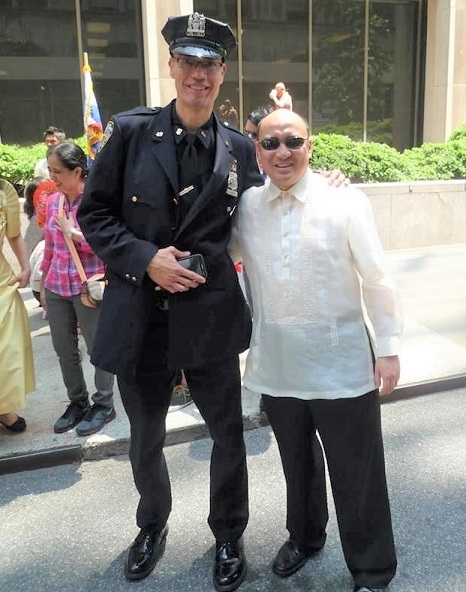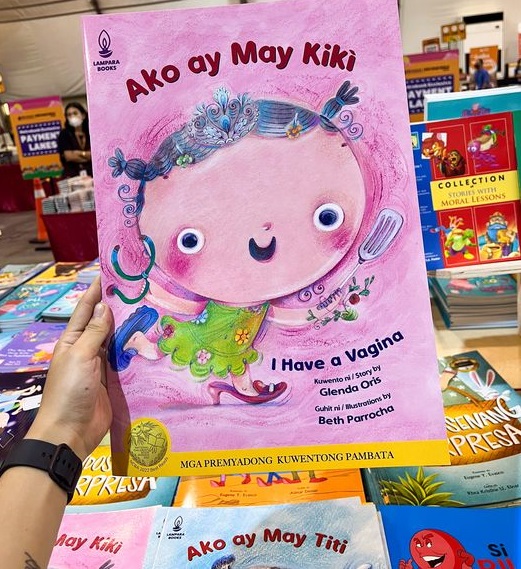Brave children’s book promotes proper hygiene, prevention of sex abuse
By Robbin Charles Dagle
Glenda Oris, who teaches in the Kagawaran ng Filipino (Department of Filipino), is known for her work in the area of children’s literature, specifically picture books and historical fiction for young adults. Oris has won acclaim for her books from the Philippines’ top literature prizes such as the Palanca Awards and the National Children’s Book Awards.
“At the beginning I didn’t know exactly what I wanted to write about, I just wanted to write about children because a lot of the issues in the world could have been and still could be prevented if we focused more on the formation of children,” Oris explains.
Oris is convinced that her research is consistent with her advocacies in children’s rights and promotion of cultural heritage. For instance, her book “Looking Out For Heroes” promotes public art and the sense of rootedness, while the “Ayun O!” look-and-find picture book series seeks to preserve regional languages.
Her most recent book, “Ako ay May Kiki” (I Have a Vagina) is a brave intervention in children’s literature. It promotes proper hygiene and naming of the reproductive parts, as well as the prevention of sexual abuse. Recommended by the Child Protection Network as a resource for pediatricians, the book also contains tips for parents on caring and protecting their children’s reproductive health, as well as contact information of agencies that address cases of sexual abuse. “Ako ay May Kiki” has been translated to Italian as “Ho una vagina,” and was launched in 2022 by the Philippine Consulate in Milan.
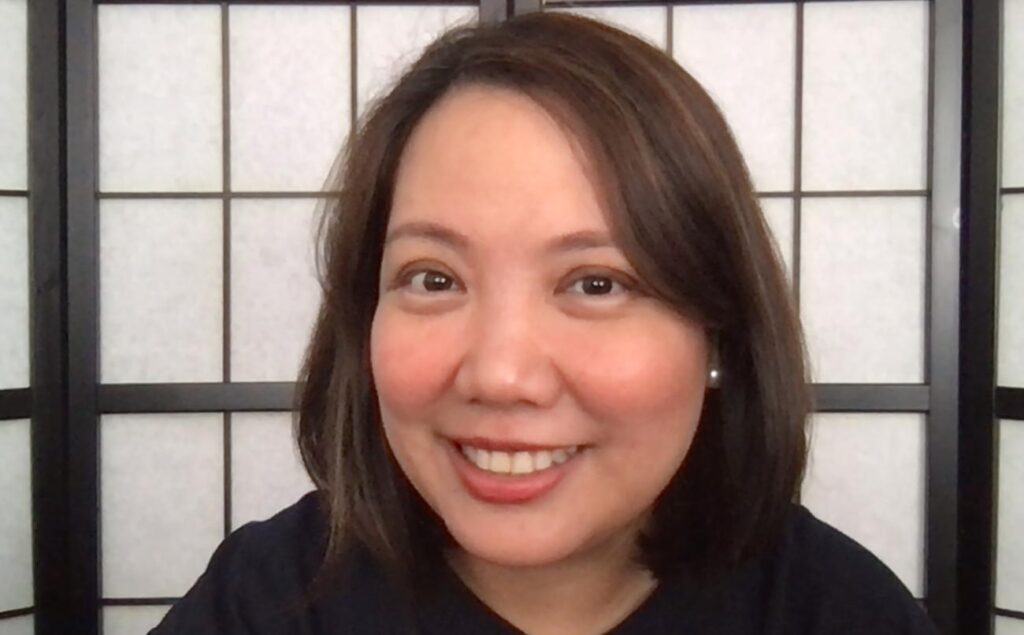
“It is important to come up with creative works that speak directly and easily to children, works that they can relate to, that teach them about themselves, teach them to protect themselves,” Oris insists.
Producing children’s literature requires a lot of work–from considering age-appropriate language and illustrations, as well as specific developmental concerns. Oris thus points out that “children’s literature is both research and creative work.” But she believes in their promise for lasting change.
“They have the greatest potential to correct systems that have gone wrong, to lay down foundations of a more inclusive, diverse, equitable system in our society,” Oris says.
Ateneo, which Oris describes as a “fertile” ground for the arts, has fostered a vibrant and inclusive community that serves as a haven for artists from diverse backgrounds to explore and experiment fearlessly with the workings of their creative imagination. Oris hopes that the university can continue expanding its support for creative interventions.
“What I wish for is for the university to be creative in addressing and to widen the perspective when it comes to addressing concerns in the Philippines.”
Robbin Charles Dagle is a lecturer at the Department of Communication, Ateneo de Manila University School of Social Sciences. This article is being republished with permission from the author, the ADMU Office of the Associate Dean for Research and Creative Work, and University Marketing and Communications Office. ‘Ako ay May Kiki’ is available through publisher Lampara Books. Contact: lamparabooks21@gmail.com


